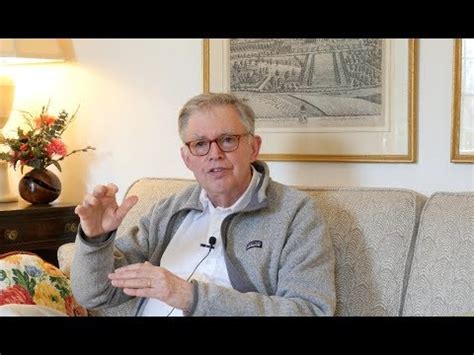A Quote by Julian Barnes
I certainly believe we all suffer damage, one way or another. How could we not,except in a world of perfect parents, siblings, neighbours, companions? And then there is the question on which so much depends, of how we react to the damage: whether we admit it or repress it,and how this affects our dealings with others.Some admit the damage, and try to mitigate it;some spend their lives trying to help others who are damaged; and there are those whose main concern is to avoid further damage to themselves, at whatever cost. And those are the ones who are ruthless, and the ones to be careful of.
Quote Topics
Admit
Affects
Another
Avoid
Be Careful
Believe
Careful
Certainly
Companions
Concern
Cost
Could
Damage
Damaged
Dealings
Depends
Except
Further
Help
Help Others
How
Lives
Main
Mitigate
Much
Neighbours
One Way
Others
Our
Parents
Perfect
Perfect Parents
Question
React
Ruthless
Some
Spend
Suffer
Themselves
Then
Those
Try
Trying
Way
Whatever
Whether
Which
Whose
World
Related Quotes
Sure, we have an obstacle, ISIS. They can do great damage. They can do great damage and they scare the living hell out of everybody with good reason. But they are, instead of dealing with nation-states that are arranged against us, we're to deal with non-state actors that can do damage to us. But this is within our control. We are beginning to make genuine progress as to how we isolate them, how we take them out. We're in a situation - I mean, I just could go on. But I am - the only generic criticism I had is we're not talking about the possibilities.
In those days, we imagined ourselves as being kept in some kind of holding pen, waiting to be released into our lives. And when the moment came, our lives -- and time itself -- would speed up. How were we to know that our lives had in any case begun, that some advantage had already been gained, some damage already inflicted? Also, that our release would only be into a larger holding pen, whose boundaries would be at first undiscernible.
There's nothing personal in it [THE SKRIKER]. I'm not ever inclined with any of the plays to say, This is about that, because plays are about the whole event that they are. . . . I was certainly wanting to write a play about damage - damage to nature and damage to people, both of which there's plenty of about. To that extent, I was writing a play about England now.
Whenever we make changes in our surroundings, we can too easily shortchange ourselves, by cutting ourselves off from some of the sights and sounds, the shapes or textures, or other information from a place that have helped mold our understanding and are now necessary for us to thrive. Overdevelopment and urban sprawl can damage our own lives as much as they damage our cities and countryside.
The question was never whether the United States, E.U., NATO, Arab League, U.N. Security Council, and African Union could together using economic sanctions, diplomatic pressure, and military attacks to bring Qaddafi down. The question was always how much time, how much blood, and what damage to NATO.
Religion and anger has gone together a lot, historically. My father, being very religious and angry, was trying to reconcile the ideas of love and forgiveness with damage in his own heart. We historically create God in the image of someone who will redeem us, or someone who has damaged us. A lot of my imaginations of God was a projection of my own damage because of my father. God is good but he has a lot of expectations, of which I have failed -- just like my dad. But I don't think it's truthful to create God as a projection of either our damage or our altruism.




































